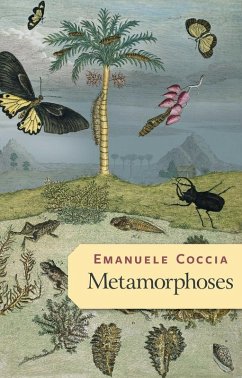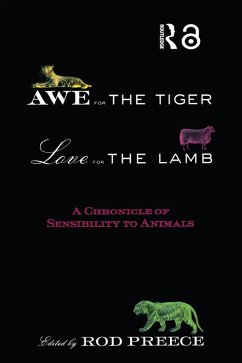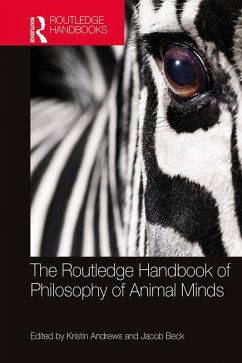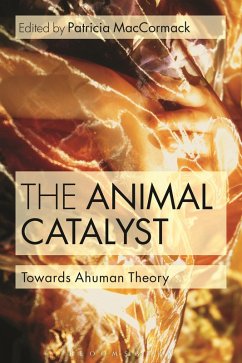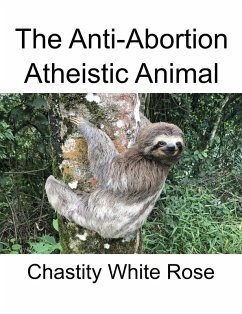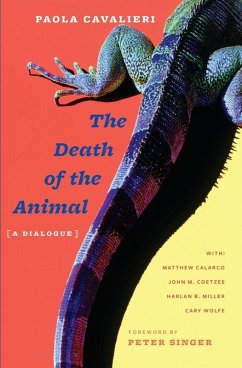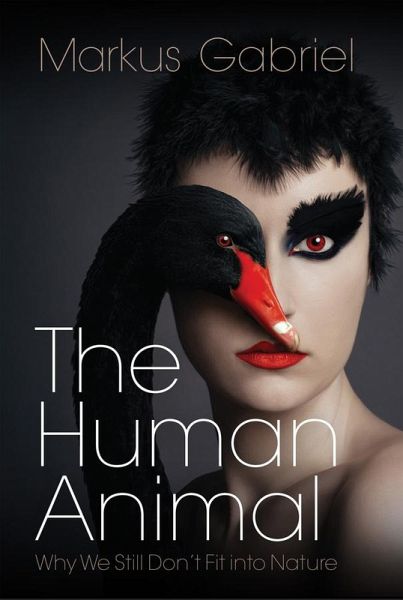
The Human Animal (eBook, ePUB)
Why We Still Don't Fit into Nature
Übersetzer: Luft, Karl von der
Versandkostenfrei!
Sofort per Download lieferbar
27,99 €
inkl. MwSt.
Weitere Ausgaben:

PAYBACK Punkte
0 °P sammeln!
The climate crisis has forced us to recognize that we are not separate from nature but are part of the natural world on which we depend: human beings are animals and we must understand much better our place in nature and our impact on our environment if we are to avoid our own annihilation as a species. And yet we feel nevertheless that we do not entirely fit into nature, that we stand apart from other animals in some way - in what way, exactly? Markus Gabriel argues that what distinguishes humans from other animals is that humans are minded living beings who seek to understand the world and t...
The climate crisis has forced us to recognize that we are not separate from nature but are part of the natural world on which we depend: human beings are animals and we must understand much better our place in nature and our impact on our environment if we are to avoid our own annihilation as a species. And yet we feel nevertheless that we do not entirely fit into nature, that we stand apart from other animals in some way - in what way, exactly? Markus Gabriel argues that what distinguishes humans from other animals is that humans are minded living beings who seek to understand the world and themselves and who possess ethical insight into moral contexts. Mind is the capacity to lead one's life in the light of a conception of who or what one is. The undeniable difference between us and other animals defines the human condition and places a special responsibility on us to consider our actions in the context of other living beings and our shared habitat. It also calls on us to cultivate an ethics of not-knowing: to recognize that, however much we may seek to understand the world, we will never completely master it. Our grasp of reality, mediated by our animal minds, will always be limited: much is and will remain alien to us, lending itself only to speculation - and to remember this is to stand us in better stead for carving out an existence among the environmental crisis that looms before us all.
Dieser Download kann aus rechtlichen Gründen nur mit Rechnungsadresse in D ausgeliefert werden.




